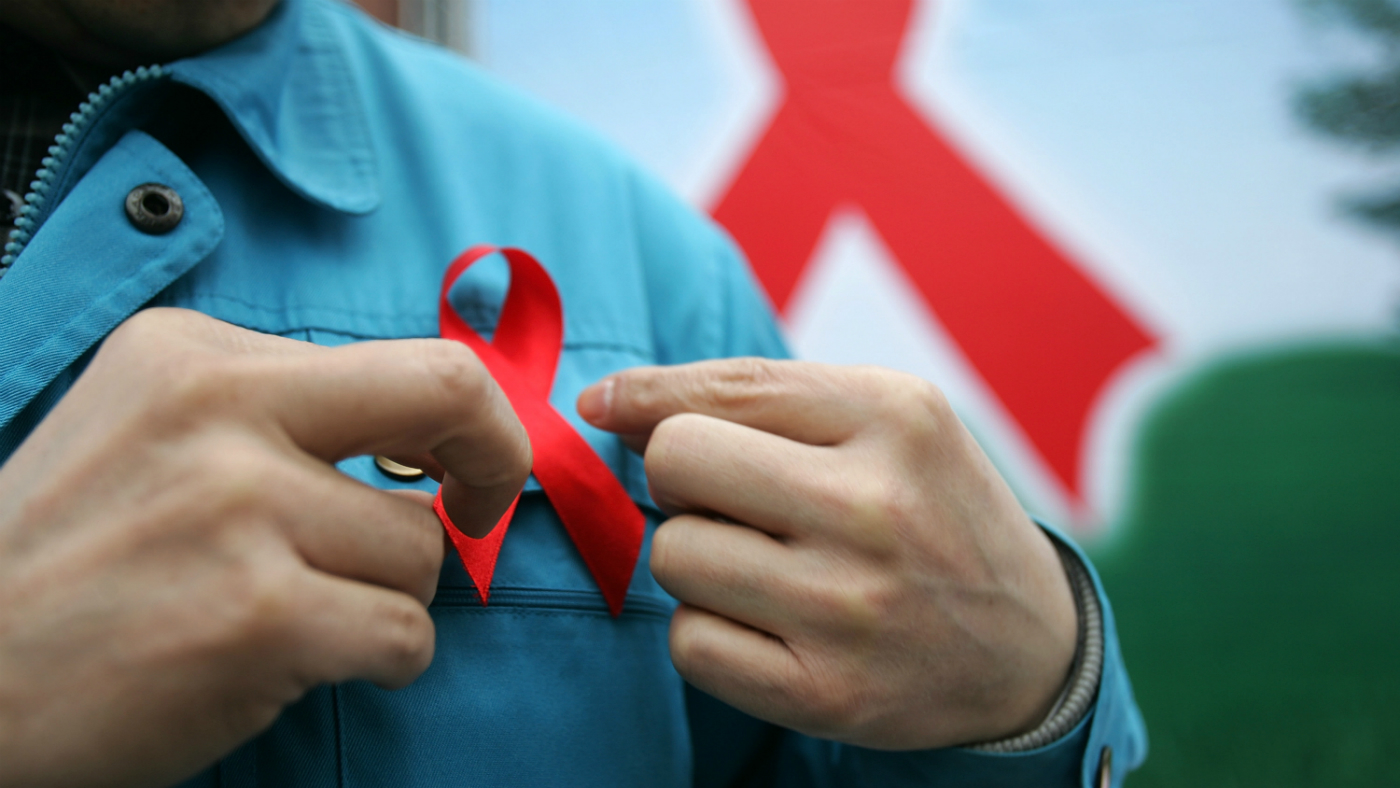‘Dangerous complacency’ threatens gains in global fight against HIV/Aids
Experts call for urgent changes in how the disease is treated and controlled

A free daily email with the biggest news stories of the day – and the best features from TheWeek.com
You are now subscribed
Your newsletter sign-up was successful
Dwindling public attention and stalled funding for the fight against the global HIV/Aids pandemic is endangering efforts to eradicate the disease, a new report warns.
That “dangerous complacency” comes as rates of new HIV infections are climbing in parts of the world, experts say in a paper published in The Lancet ahead of the 22nd International Aids Conference, in Amsterdam, next week.
We are no longer on course to end the pandemic by 2030 - a target agreed by UN member states, according to the Lancet Commission, led by the International Aids Society (IAS).
The Week
Escape your echo chamber. Get the facts behind the news, plus analysis from multiple perspectives.

Sign up for The Week's Free Newsletters
From our morning news briefing to a weekly Good News Newsletter, get the best of The Week delivered directly to your inbox.
From our morning news briefing to a weekly Good News Newsletter, get the best of The Week delivered directly to your inbox.
“The encouraging reductions in new HIV infections that occurred for about a decade has emboldened some to declare that we are within reach of ending Aids,” Peter Piot, founder of the UNAids agency, said this week.
However, “there is absolutely no evidence to support this conclusion”, he insisted, reports Dublin-based news site RTE.
Why are HIV infection rates rising?
Around 36.9 million people worldwide were living with HIV or Aids at the end of 2017, according to the World Health Organization.
A free daily email with the biggest news stories of the day – and the best features from TheWeek.com
“And there are an estimated 1.8 million new cases every year,” reports the BBC.
Although the overall number of new cases of HIV/Aids have been falling in recent years, rates are on the rise in around 50 countries, most of them in Eastern Europe and Central Asia.
Experts say that too great a focus on virus-suppressing treatment has overshadowed basic prevention and caused overconfidence.
Meanwhile, HIV funding has “remained flat in recent years, at about £14.7bn - roughly £5.4bn short of the estimated amount needed to achieve the UNAids targets”, according to the broadcaster.
What can be done to bring HIV?
The Lancet report calls for more collaboration between health professionals, and for HIV treatment to become better incorporated into other areas of healthcare.
Rather than specific funding and services for HIV alone, the experts want services such as HIV screening to be carried out alongside screening for other non-communicable diseases such as diabetes and high blood pressure.
“Health systems must be designed to meet the needs of the people they serve, including having the capacity to address multiple health problems simultaneously,” said report co-author Professor Chris Beyrer, of Johns Hopkins Bloomberg School of Public Health, in Baltimore, Maryland.
In the meantime, the world needs a renewed focus on prevention, according to IAS president Linda-Gail Bekker. Health authorities should stress the importance of condom use, provide safe, infection-free needles to drugs users, and expand the use of antiretroviral therapy to treat HIV, she said.